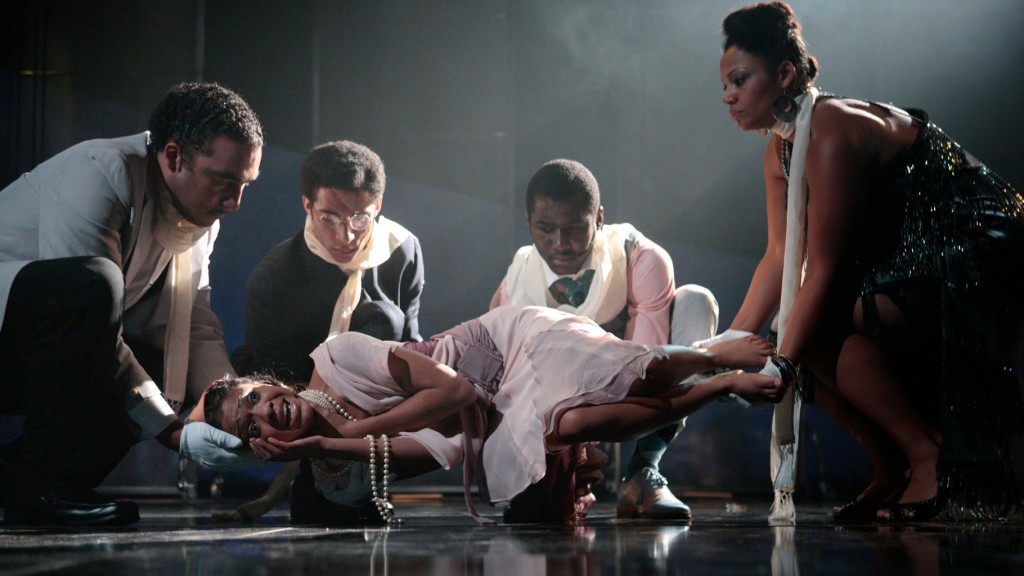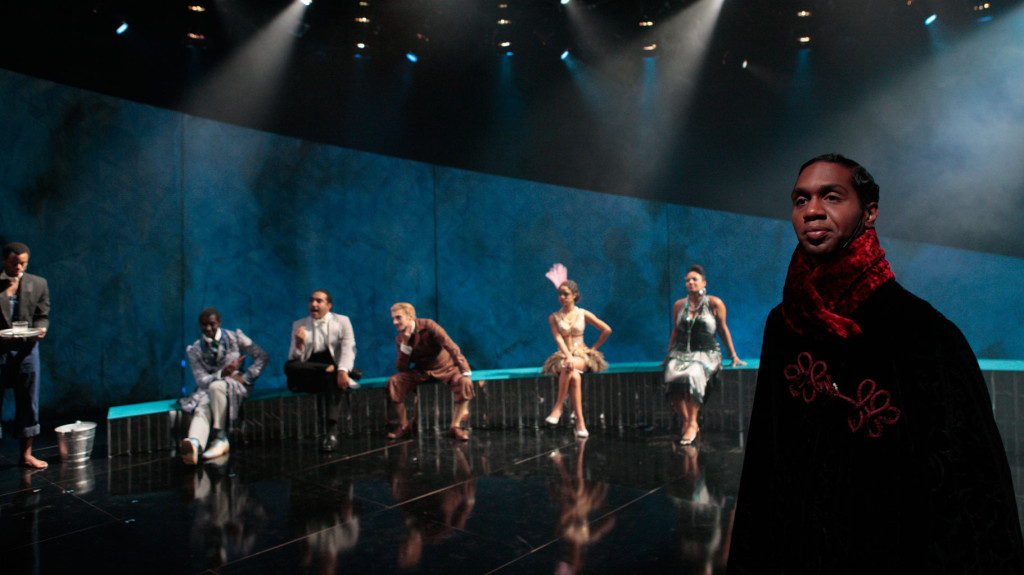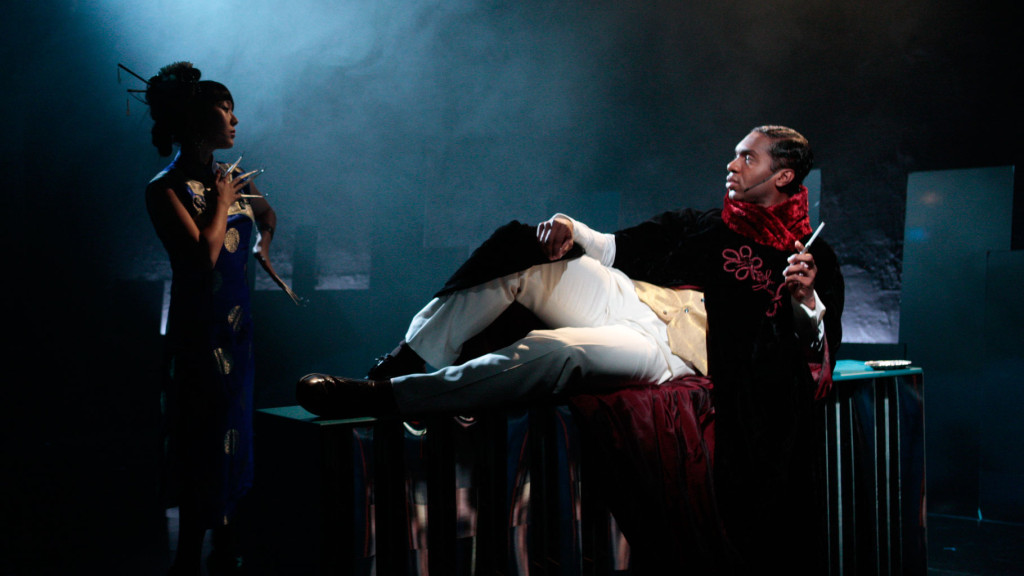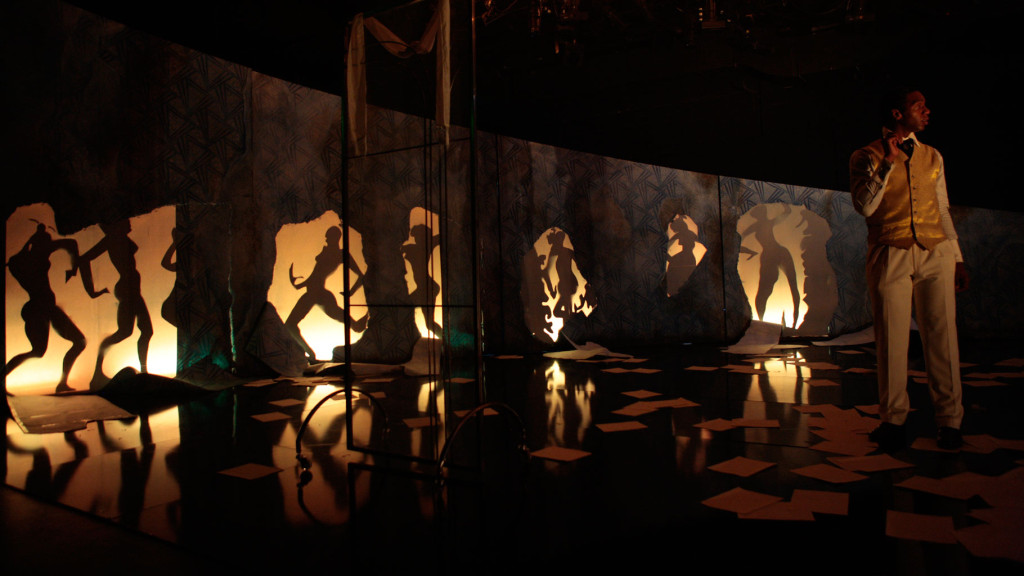Carl Hancock Rux’s plays and performance works for theater have been produced at venues including in New York at The Joseph Papp Public Theater, the Robert E. Fischer Center for the Performing Arts, PS 122, the Kitchen, HERE Arts Center, New Victory Theater, Lincoln Center, Aaron Davis Hall, Harlem Stage, the BAM Harvey Theater (Next Wave Festival), as well as at REDCAT, Mass MOCA (North Adams, Massachusetts) the Central District Forum for Arts and Ideas (Seattle, Washington), Theater X (Milwaukee, Wisconsin), University of Ghana at Legon (West Africa), Ebenezor Experimental Theater Festival (Lulea, Sweden), Maison des Arts (Creteil, France) and the Victoria Theater (Singapore) among others. Rux is the recipient of the Herb Alpert Award in the Arts, the New York Foundation for the Arts Prize, the Bessie Schomburg Award, the National Endowment for the Arts Playwright in Residence fellowship, NEA Leadership Initiatives, NYFA prize, the Rockefeller Map grant, a Creative Capital artist grant and the New York Foundation for the Arts Gregory Millard fellowship, and was shortlisted for the United Artist Fellowship. He is the author of theVillage Voice Literary prize winning collection of poetry Pagan Operetta, the novel Asphalt (Simon & Schuster) and the OBIE award winning playTalk (TCG).
Set during the height of the Harlem Renaissance, Smoke, Lilies, and Jade is a densely rich poetic landscape, Rux’s play is inspired by the life and work of Richard Bruce Nugent. Nugent outlived all of his famous contemporaries. His evanescent memories form the basis of Smoke, Lilies, and Jade.
Originating in New York City’s Harlem during the 1920s, the Harlem Renaissance was an African American cultural movement in which literature, art and music experienced extraordinary revitalization and growth. The movement attracted significant attention nationally and marked the first time that African American literature achieved critical acclaim and a broader audience. The careers of such artists as Langston Hughes, Claude Mckay, Jackie Mabley, Bessie Smith and Duke Ellington all flourished during the Harlem Renaissance.




